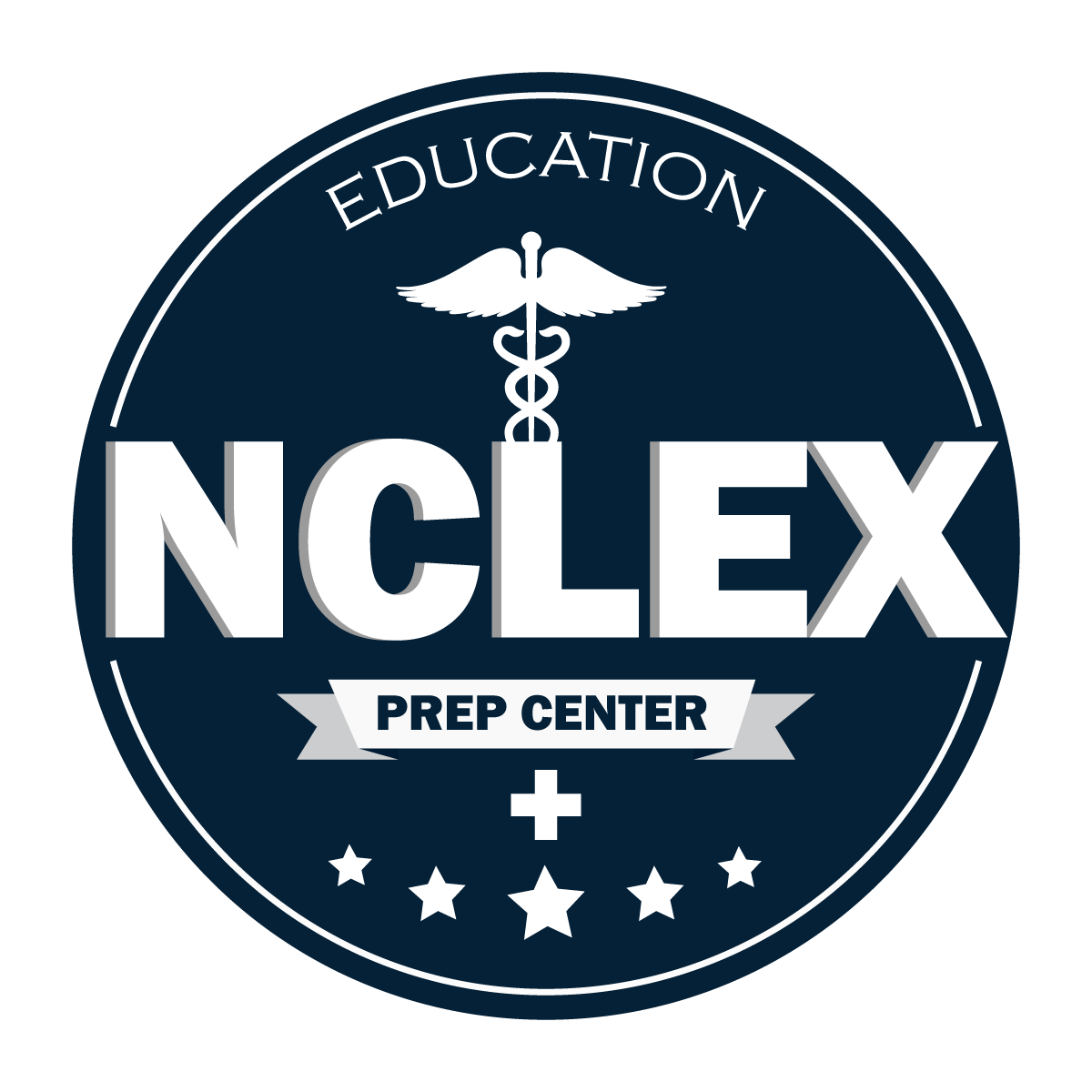NCLEX-PN vs. NCLEX-RN: What’s the Difference & Which One is Right for You?
Introduction
When starting your nursing career, one of the first questions you’ll face is: Should I take the NCLEX-PN or NCLEX-RN? Both exams are essential licensure steps for nurses in the U.S., but they lead to very different roles, responsibilities, and career paths.
In this post, we’ll explore the key differences between the NCLEX-RN and NCLEX-PN, including exam format, difficulty level, job roles, pay scales, and more—so you can choose the right path for your goals.
NCLEX-RN vs. NCLEX-PN: Quick Overview
| Feature | NCLEX-RN | NCLEX-PN |
|---|---|---|
| Stands for | National Council Licensure Examination for Registered Nurses | National Council Licensure Examination for Practical Nurses |
| Prepares You For | Registered Nurse (RN) license | Licensed Practical Nurse (LPN) or Licensed Vocational Nurse (LVN) license |
| Educational Path | ADN or BSN degree | LPN/LVN certificate program |
| Exam Length | 70–135 questions (adaptive) | 85–150 questions (adaptive) |
| Exam Duration | Up to 5 hours | Up to 5 hours |
| Exam Format | Next Generation NCLEX (NGN) | Next Generation NCLEX (NGN) |
1. Education Requirements
- NCLEX-RN: Requires completion of an Associate Degree in Nursing (ADN) or Bachelor of Science in Nursing (BSN). Programs take 2–4 years.
- NCLEX-PN: Requires completion of a Practical Nursing program, often offered at community colleges or vocational schools. Most take 12–18 months.
If you’re looking for a quicker entry into nursing, the LPN path may be better. But if your goal is long-term advancement, RN is the way to go.
2. Scope of Practice
Registered Nurses (RNs):
- Assess patient conditions
- Develop care plans
- Administer medications via IV
- Supervise LPNs and CNAs
- Work in acute care, hospitals, ICUs, etc.
Licensed Practical Nurses (LPNs):
- Provide basic patient care
- Monitor vital signs
- Administer certain medications (no IVs in most states)
- Work under supervision of RNs or physicians
- Common in nursing homes, outpatient clinics, and home health
3. NCLEX Exam Format & Difficulty
Both exams now follow the Next Generation NCLEX (NGN) model, which includes:
- Case studies
- Drag and drop
- Highlight text
- Matrix/Grid questions
NCLEX-RN is generally considered more difficult because:
- It covers broader and deeper medical knowledge
- Emphasizes leadership, delegation, and clinical decision-making
- Requires more advanced critical thinking
4. Job Roles and Career Opportunities
LPN/LVN Careers:
- Entry-level nursing roles
- Great for students who want to work sooner
- May face limitations in hospital settings
RN Careers:
- More responsibility and independence
- More job openings in specialized departments
- Opportunities to move into education, administration, and advanced practice
5. Salary Comparison
According to the U.S. Bureau of Labor Statistics (2024):
- LPN/LVN Median Salary: $55,860 per year
- RN Median Salary: $81,220 per year
The difference in earning potential reflects the added responsibility and education level required for RNs.
6. Advancement Opportunities
If you start as an LPN, you can bridge to RN later via an LPN-to-RN or LPN-to-BSN program.
RNs can further advance to:
- Nurse Practitioner (NP)
- Clinical Nurse Specialist (CNS)
- Nurse Educator
- Nurse Manager/Administrator
7. Which Exam Should You Take?
Choose NCLEX-PN if:
- You want to enter the workforce quickly
- You prefer a focused, supportive role in nursing
- You plan to bridge to RN later
Choose NCLEX-RN if:
- You want a broader scope of practice
- You’re interested in leadership, acute care, or specialties
- You want higher pay and advancement options




